Russian military companies in Africa: A post-Wagner outlook
December 1, 2023

PMC Wagner Group flag is seen in Rostov-on-Don, Russia on August 24, 2023. [Vladimir Alexandrov – Anadolu Agency]
by Huseyin Ozdemir

In the past decade, Russia has joined the chorus of governments using private military companies (PMCs) to shape the security landscape in Africa.
However, the recent mutiny of Wagner against the Kremlin has caused some noticeable shifts in the relationship between the central power in Moscow, PMCs and their clients.
The Kremlin’s power was fully restored following the death of Wagner’s rebellious leader, Yevgeny Prigozhin. However, this was only half of the task. The other half was to restore the nexus with Wagner’s clients, especially in Africa.
Recent visits by Russian officials to African countries further emphasised the continent’s significance for Moscow. Three key figures seem to be leading this effort: Yunus-Bek Yevkurov, Andrei Averyanov and Konstantin Mirzayants.
After a decade of shady interventions, Wagner made a name in several operational theatres, ranging from the Libyan fault lines to war-torn Sudan and the Central African Republic. In one of his last videos, Prigozhin underscored the significance of Wagner’s missions in Africa.
But Wagner was more than a normal PMC; it orchestrated a multibillion-dollar operation, weaving a complex tapestry that spans from diamonds to uranium, while drawing significant financial dividends.
It is worth noting that several key African leaders who participated in the Africa Summit held in St. Petersburg in July 2023 met with Prigozhin.
Read: Turkiye faces scrutiny as exports to Russia surge, fuelling concerns of sanctions evasion
After Prigozhin’s demise, Russian military officials increased visits to Africa, including Libya, Burkina Faso, Mali and the Central African Republic, validating the significance of the continent for Russia’s foreign policy.
However, questions arose after Wagner’s rebellion. Some pundits assumed that this could be the end of Moscow’s manoeuvres in Africa. But such assessments could not be further from the truth.
Experts speculate that Putin has already chosen a new envoy in Africa and General Averyanov is carrying this role. However, uncertainties abound concerning Averyanov’s ability to fill this role. Prigozhin offered a comprehensive package to these countries, ranging from interference in election results to pressuring the media.
Moreover, Prigozhin was not a normal CEO. He was also the financier of Wagner’s operations. Therefore, whoever replaces him must have deep pockets or access to the Kremlin’s financial muscles. Hence, someone from Putin’s inner circle, like Averyanov, can play a pivotal role.
The intricacies of diplomatic relations and the nuances of personal connections forged by Prigozhin during his tenure present a unique challenge for Averyanov as he steps into this pivotal role. In any case, whoever is stepping in to fill Prigozhin’s shoes must play similar roles if he wants to succeed.
Emerging Russian PMCs, such as Redut and Convoy, led by personalities like Yevkurov and Averyanov, face an uphill challenge in the post-Wagner era.
Yevkurov steadily climbed the steps of power. He served as the head of the southern Russian republic of Ingushetia for 11 years. In 2019, Putin appointed him as the deputy minister of defence in charge of combat training. Yevkurov is recognised for his extensive experience in the military field, evidenced by the various roles he has undertaken throughout his career. During Wagner’s mutiny attempt, Yevkurov also met with Prigozhin in Rostov-on-Don to quell the mutiny. A video circulated in the press about this encounter.
The other rising star is Averyanov, a Russian intelligence chief (GRU) general known for conducting several destabilisation operations in Europe. Putin personally introduced him at the African Summit.
Some analysts suspect that Moscow will not put all its assets in one basket. Rather, the power of PMCs will be split among a few players. This power distribution signals that the Kremlin prefers controllable and pliable actors in the aftermath of the Wagner mutiny. They reckon both Yevkurov and Averyanov will spearhead a new power structure that oversees the expansion of Russian PMCs in Africa.
Others believe that Mirzayants is the leader of the Redut PMC. According to the Financial Times, Ukrainian intelligence suggests that Redut comprises approximately 7,000 soldiers.
Read: Will Falcon be Egypt’s Wagner?
Meanwhile, Russian officials are seen promoting Redut as an alternative to Wagner; other Russian PMCs like Convoy are also active. This diversification could be part of a strategic decision that enables Russia to control this market evenly and avoid another drift like the one caused by Wagner. However, there are doubts whether Redut or Convoy can be as successful as Wagner, especially considering the level of symbiosis achieved and the comprehensive services offered.
Hence, Redut and Convoy are the new game in town. The question remains, though, about whether this transition would work seamlessly. The frequency of high-level Russian official visits suggests the Kremlin prioritises this subject.
Prigozhin’s death has opened a can of worms for Moscow in Africa. Until local African forces reach the necessary capacity, PMCs like Redut and Convoy will remain significant actors on the continent.
Russia will not relinquish the PMCs’ card – on the contrary. The Kremlin is doubling its efforts to expand its influence in Africa, a process that took decades and was supported by economic and military aid. Russia will not back down because it sees windows of opportunity in the continent, which is slowly moving away from the domination of the likes of France and the US, whose governments made life difficult for the Kremlin in Ukraine and elsewhere.



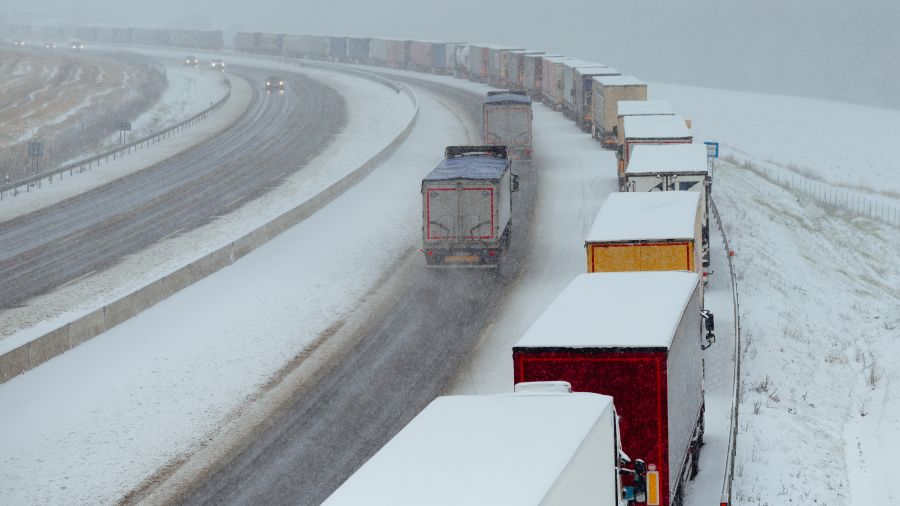




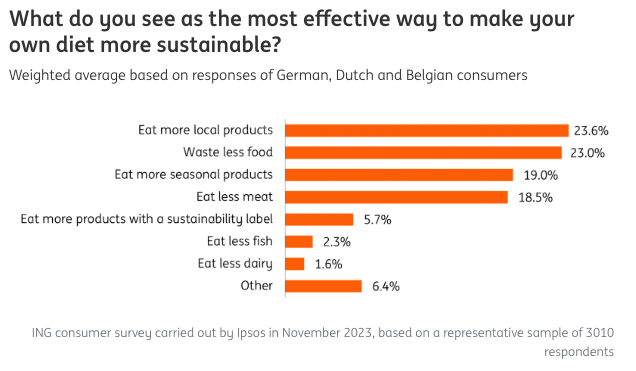
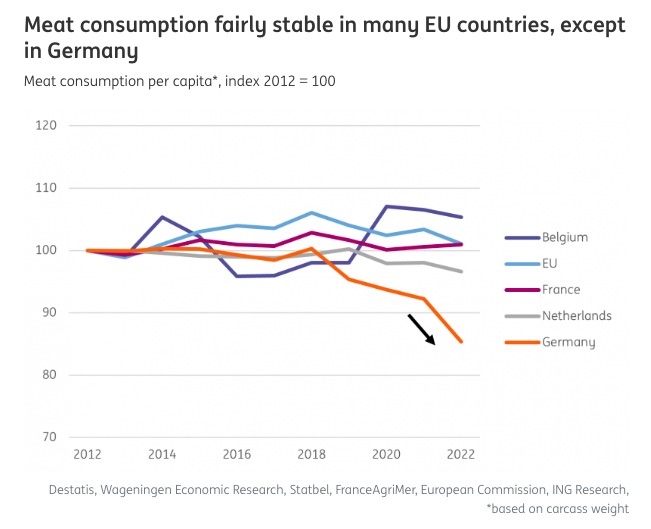
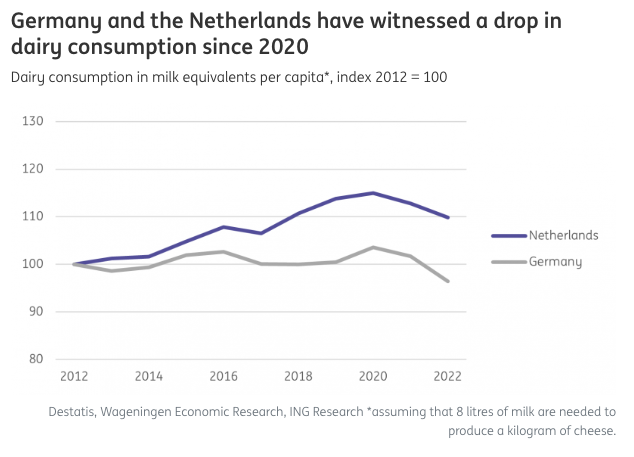
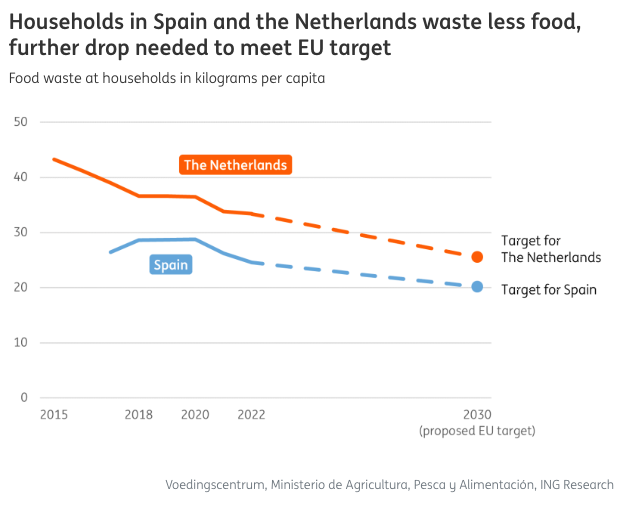
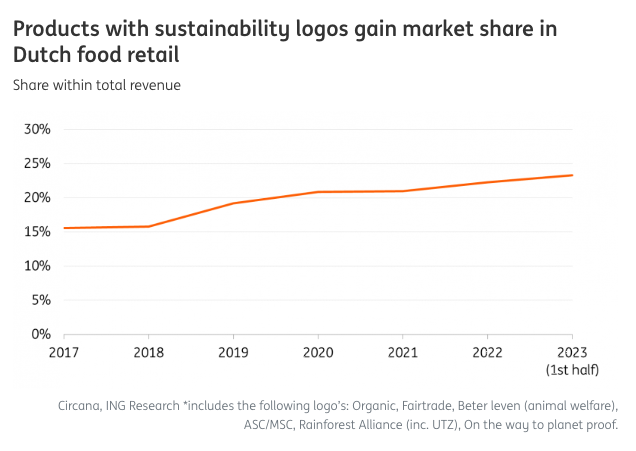
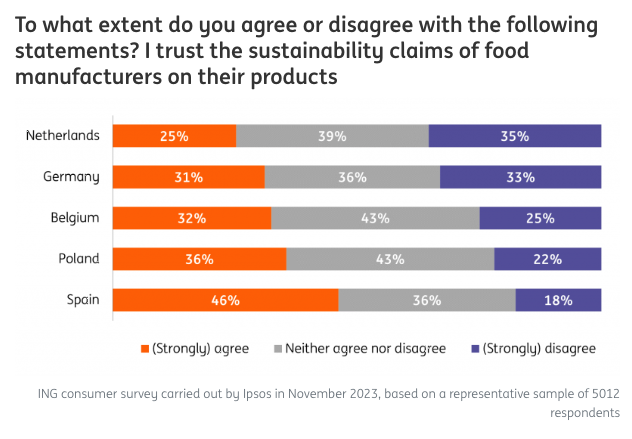
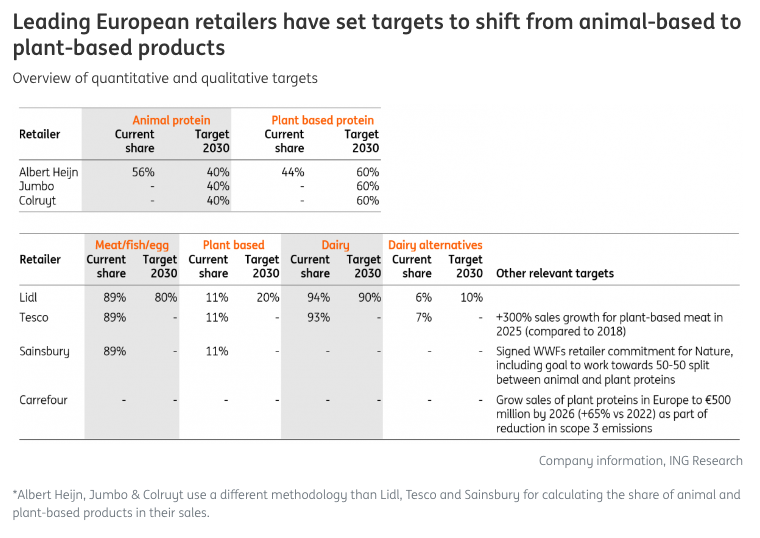


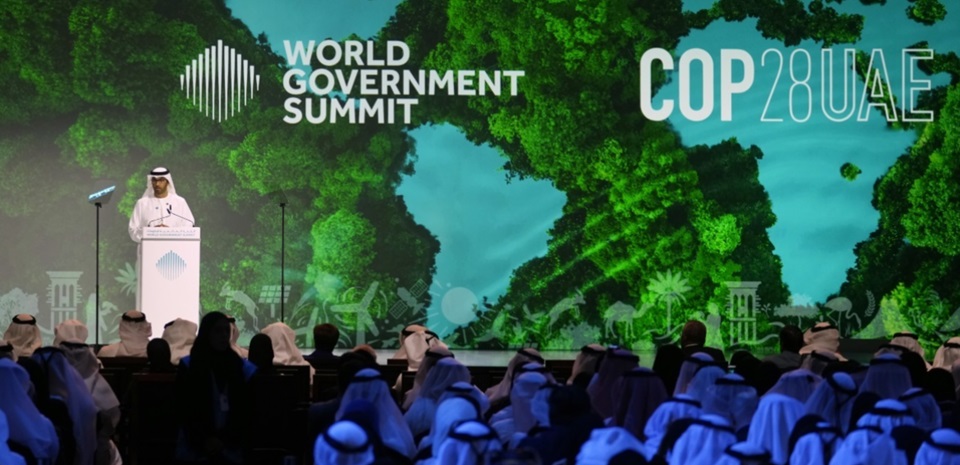

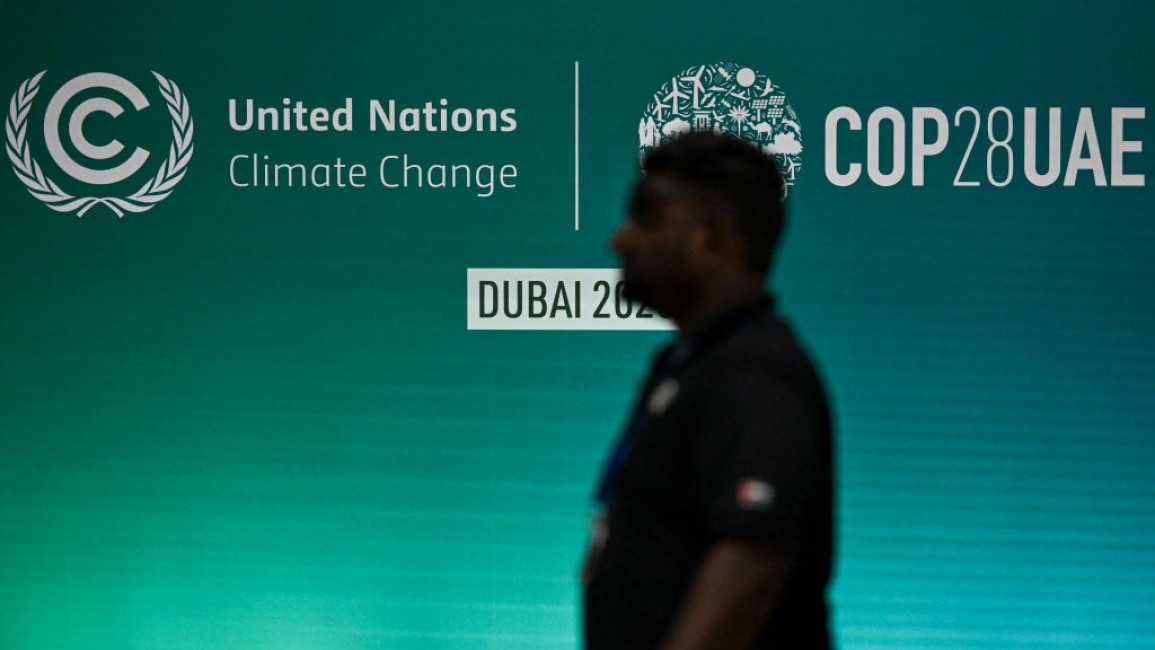

:quality(70)/cloudfront-eu-central-1.images.arcpublishing.com/thenational/RLBOCRYKY2MWRDQOJ53PMEZ26I.jpg)